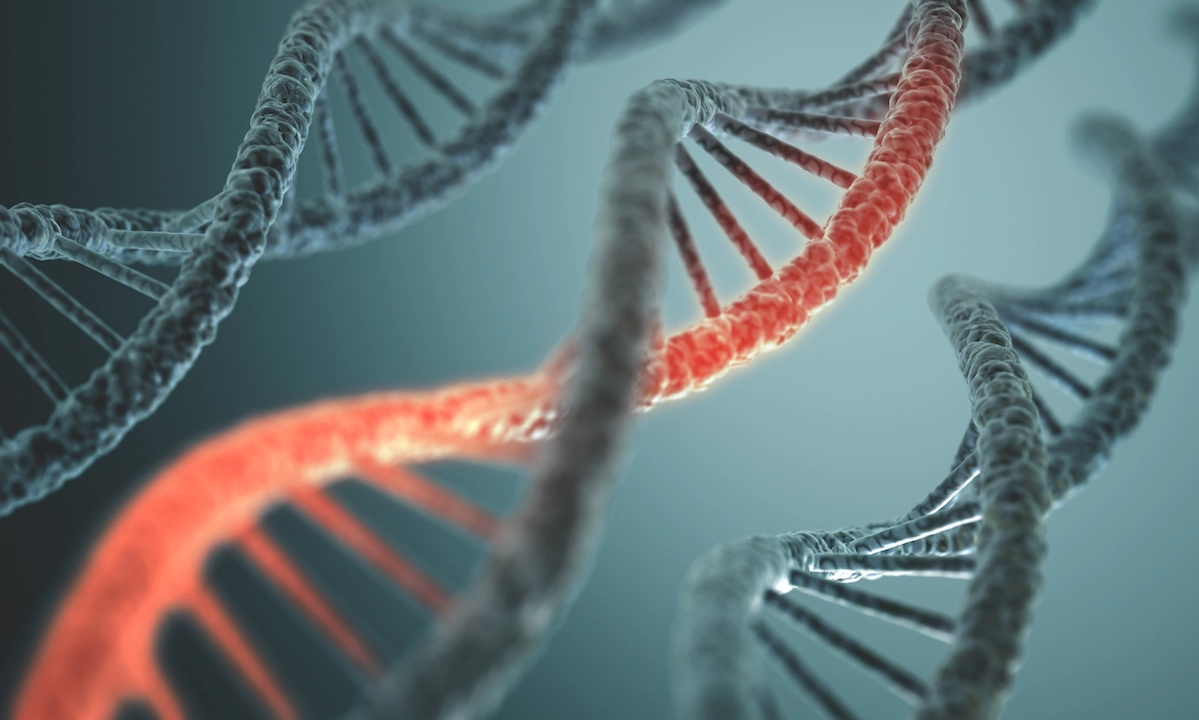On Tuesday, Researchers at Google DeepMind, the tech giant’s artificial intelligence associate, introduced a tool that predicts whether genetic mutations have the potential to generate harm, a breakthrough that could assist the study of rare diseases.
Pushmeet Kohli, the vice president for research at Google DeepMind that the results are “another step in identifying the effect that AI is having in the natural sciences.”
The tool focuses on so-called “missense” mutations, where a single letter of the genetic code is impacted.
An ordinary human has 9,000 such mutations throughout their genome; they can be innocuous cause illnesses such as cystic fibrosis or cancer, or harm brain development.
Till Today, four million of these mutations have been detected in humans, but only two percent of them have been classified, either as disease-causing or harmless.
In all, there are 71 million such potential mutations. The Google DeepMind tool, called AlphaMissense, examined these mutations and was able to predict 89 percent of them, with 90 percent accuracy.
A score was assigned to each mutation, signifying the threat of it generating disease (otherwise referred to as pathogenic).
The outcome: 57 percent were classified as likely harmless, and 32 percent as likely pathogenic — the remainder being unsure.
The database was made public and available to scientists, and an accompanying analysis was published on Tuesday in the journal Science.
AlphaMissense indicates “superior performance” than once available tools, wrote experts Joseph Marsh and Sarah Teichmann in an article also published in Science.
“We should highlight that the predictions were never truly trained or never really planned to be operated for clinical diagnosis alone,” said Jun Cheng of Google DeepMind.
“However, we do consider that our predictions can potentially be beneficial to expand the diagnosed rate of rare disease, and also potentially to help us discover new disease-causing genes,” Cheng added.
Indirectly, this could lead to the expansion of new treatments, the researchers said.
The tool was prepared on the DNA of humans and closely affiliated primates, allowing it to recognize which genetic mutations are widespread.
Cheng said the training permitted the tool to input “millions of protein series and learn what a regular protein sequence looks like.”




